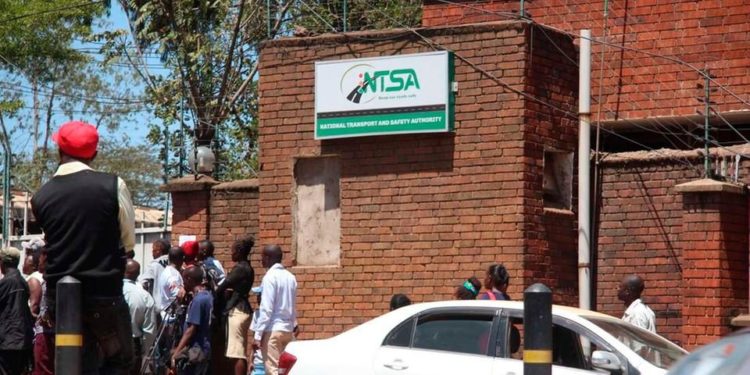The National transport and safety authority (NTSA) faces intense scrutiny for its mismanagement of the Smart Driving Licence project, potentially squandering Kes.1.19 billion. Auditor General Nancy Gathungu’s recent audit reveals that NTSA has failed to enforce the use of smart card driving licenses, risking significant public funds allocated to the initiative.
The audit, covering the fiscal year ending June 2023, highlights a contract signed on March 8, 2017, between NTSA and the National Bank of Kenya consortium. The contract, valued at Kes.2,028,991,964, aimed to supply, deliver, install, and maintain five million second-generation smart card-based driving licenses.
“As of June 30, 2023, the supplier delivered 4,042,050 smart cards and received payments totalling Kes.1,195,201,497. However, only 1,479,176 cards were printed over the past six years, leaving 2,562,874 cards unused in NTSA’s possession, valued at Kes.788,852,617,” reported Gathungu. The project, initially slated to conclude by March 2020, is now four years behind schedule.
Gathungu criticized NTSA for the slow uptake of the smart card licenses, blaming the authority’s failure to promote their use, which jeopardizes the efficient use of public funds invested in the project. “In these circumstances, the project expenditure of Kes.1,195,201,497 did not achieve value for money,” she stated in her report to Parliament.
The Auditor General also identified significant operational deficiencies at Huduma Centres, which lacked biometric kits and primarily served as collection points. Despite NTSA’s online services, applicants must visit regional offices to complete transactions such as collecting logbooks, number plates, smart driving licenses, and inspection services.
“NTSA operates 17 regional offices nationwide and 52 Huduma Centre services acting as dispatch centers, which are sparsely distributed and often inaccessible to the public,” Gathungu pointed out. She highlighted that these logistical challenges result in extended travel distances for citizens seeking services, leading to delays in the collection of number plates and smart driving licenses, ultimately reducing revenue generation for the authority.
Field audits revealed substantial quantities of uncollected new generation number plates, vehicle logbooks, and smart driving licenses stockpiled at regional offices. Some vehicle logbooks had been under NTSA custody for over five years.











